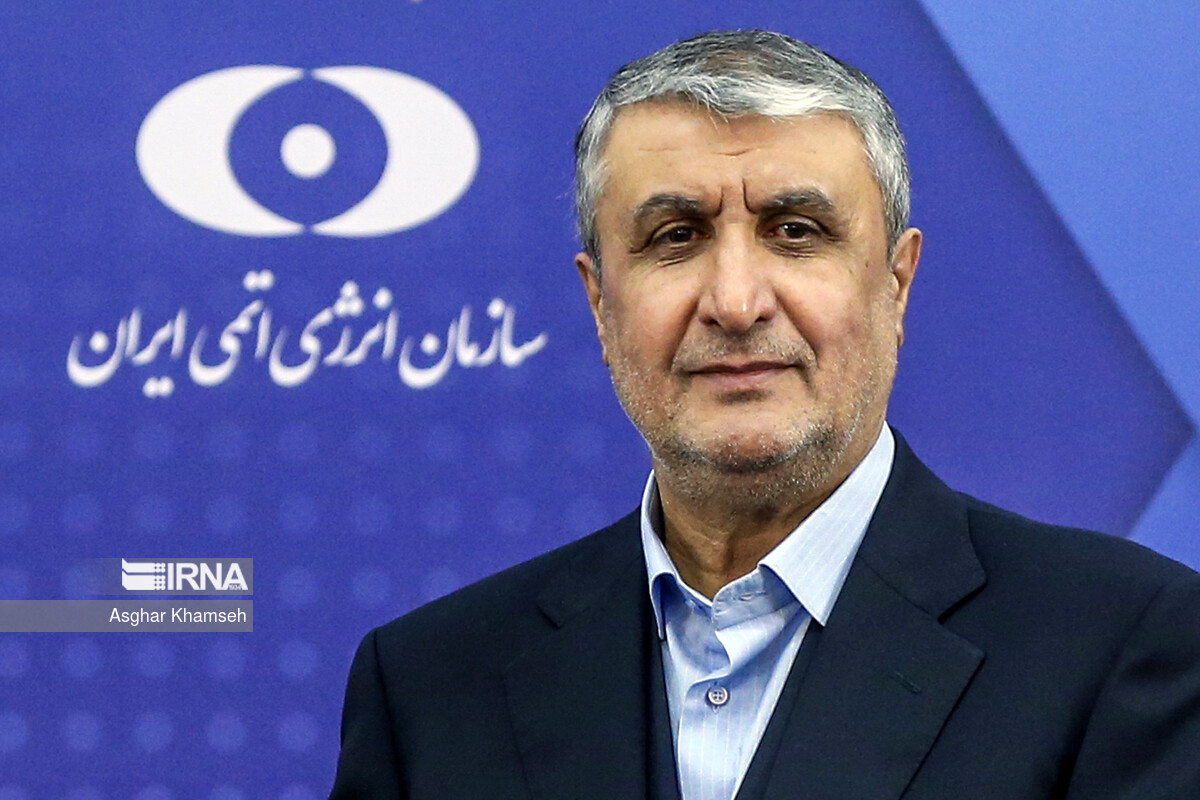
Similar Posts
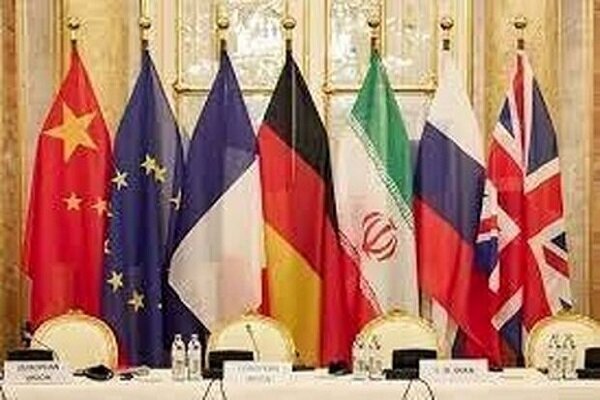
Unlocking Peace: Dialogue Emerges as Key Solution for Iranian Nuclear Crisis
The Iranian nuclear issue challenges the international community’s commitment to peace and diplomacy. A recent trilateral meeting in Beijing between China, Russia, and Iran emphasized that political engagement is the only viable solution. Key points included rejecting unilateral sanctions and prioritizing diplomacy to resolve disputes. The 2015 Joint Comprehensive Plan of Action (JCPOA) showcased successful dialogue, but U.S. withdrawal has jeopardized it. China advocates for upholding the JCPOA as a balanced approach to non-proliferation and Iran’s rights to peaceful nuclear energy. The situation demands cooperation over coercion to restore trust and achieve a sustainable resolution for global stability.
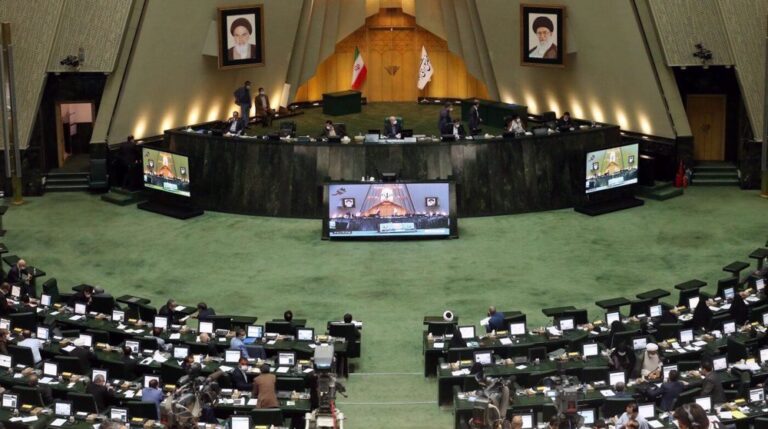
Iran’s Parliament Asserts Unwavering Commitment to Nuclear Rights
Iranian lawmakers have strongly criticized U.S. officials’ comments on Iran’s nuclear rights, particularly regarding uranium enrichment. They argue that the U.S. is in decline, facing domestic protests and entangled in international disputes due to its unilateral policies. The lawmakers defended Iran’s nuclear activities as legal under the Treaty on the Non-Proliferation of Nuclear Weapons, asserting the nation’s right to peaceful nuclear energy. They claimed that U.S. threats and negotiations with Hamas reveal its weakened position. Ultimately, they vowed to uphold Iran’s interests and reject any perceived overreach from the U.S., emphasizing their commitment to defend their rights in international relations.
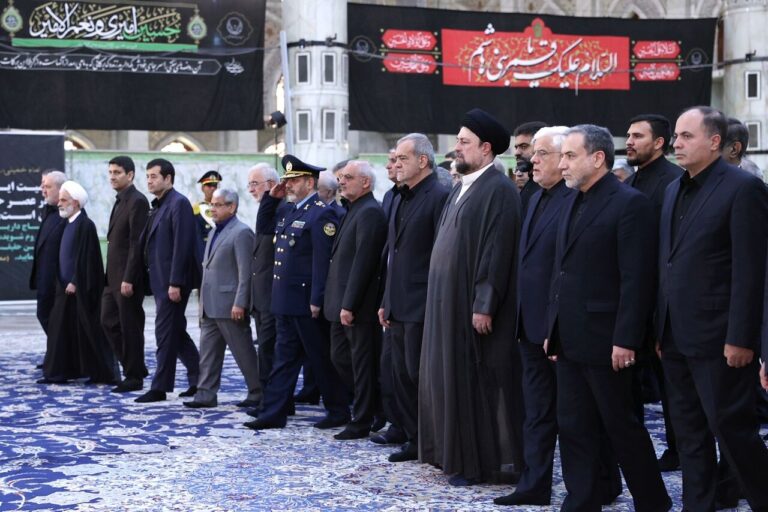
Pres. Pezeshkian and Cabinet Honor Legacy at Imam Khomeini’s Mausoleum Before Islamic Revolution Anniversary
President Masoud Pezeshkian visited Imam Khomeini’s mausoleum, reaffirming his commitment to the principles of the Islamic Republic during the 46th anniversary celebrations of the 1979 Islamic Revolution. Accompanied by cabinet members, he stressed the importance of national unity, stating, “Victory lies in putting aside the differences.” Pezeshkian highlighted the need for unity against division fostered by enemies and emphasized hope as essential for the Islamic Revolution’s survival. His visit served as both a tribute to Khomeini and a call for solidarity among Iranians, reinforcing the relevance of unity in the nation’s progress during this historic commemoration.
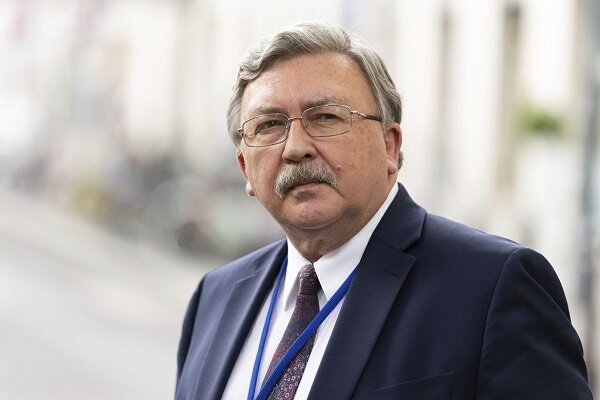
Ulyanov Reveals: West Abandoned JCPOA Revival Talks in 2022!
Mikhail Ulyanov, Russia’s Permanent Representative to international organizations in Vienna, has played a key role in negotiations to restore the Joint Comprehensive Plan of Action (JCPOA) after the U.S. withdrawal in 2018. In a recent interview, he noted that the remaining signatories—Iran, Russia, China, France, Germany, and Britain—were close to an agreement before European nations coordinated with the U.S. to exit discussions in 2022. Ulyanov emphasized that U.S. actions are crucial for revival, while Western nations’ political agendas hinder progress. He expressed hope for renewed dialogue and highlighted the JCPOA’s potential to enhance regional stability.
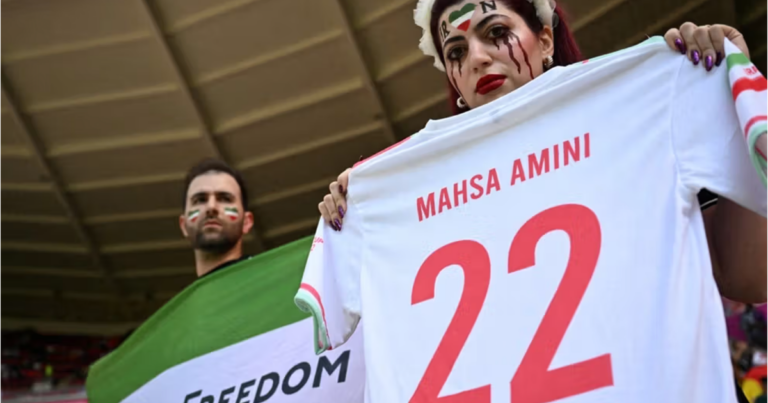
Exploring the Shift: Why Iranians Are Losing Faith in Their National Football Team
Iran’s national football team, Team Melli, recently qualified for the 2026 FIFA World Cup, but public enthusiasm was notably absent, reflecting deep societal and political divisions. Historically, such achievements sparked nationwide celebrations, but this time, the response was muted, with many expressing a disconnection from the team. The decline in support is influenced by the political climate following the “Woman, Life, Freedom” protests after Mahsa Amini’s death. Initial player solidarity with protesters waned under pressure, leading to disillusionment among fans, who now refer to the team as the “government’s team.” Attendance at matches has also significantly dropped, signaling a growing disconnect.
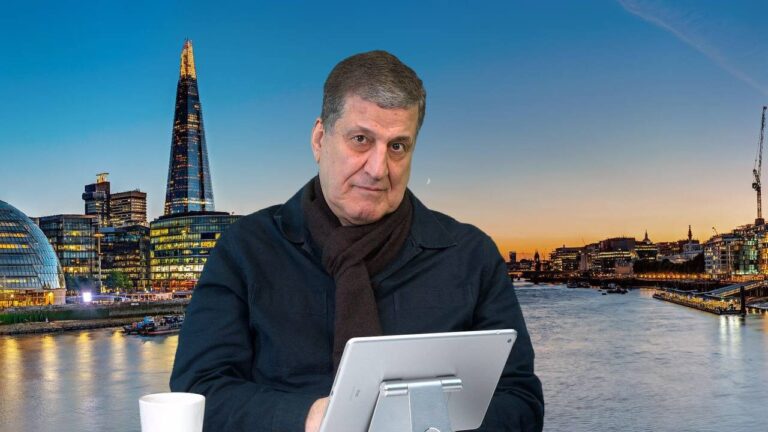
Imam Khomeini’s ‘Great Earthquake’: Unraveling the Impact of the Islamic Revolution
The Iranian Islamic Revolution, led by Imam Khomeini, has significantly impacted the geopolitical landscape of the Middle East, particularly threatening Israel and supporting Palestinian organizations. Khomeini established a new religious authority focused on independence from external ideologies and emphasized the need for Islamic nations to advocate for Palestinian rights. He declared the last Friday of Ramadan as International Quds Day, rallying global support for Palestinian liberation. His vision transcended borders, advocating unity among oppressed peoples and resistance against colonial powers. Khomeini’s enduring message continues to inspire movements for justice and the struggle against oppression, reshaping regional dynamics.